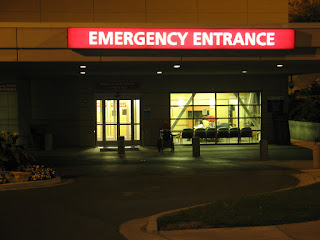In the United States, emergency medicine is its own field and specialty. This is unlike some European countries that follow a different model for treating acute patients. In these models, the same emergency services are provided by anesthesiologists and general surgeons. Physicians in the US who wish to practice emergency medicine are required to undertake an emergency medicine residency in order to become qualified. The EM residency Washington DC normally begins after the completion of a qualified medical school program of study.
Emergency Medicine Residency Washington DC: What to Expect
Individuals who might be wondering what to expect in the course of a typical day in this kind of residency program will quickly learn that there is really no such thing as a "typical day" in emergency medicine. In these times, issues with health coverage and the lack thereof have caused emergency rooms to be packed to capacity or even overflowing in large metropolitan areas. The number of private practice physicians who are no longer accepting many insurance programs, particularly those that are government subsidized, are also contributing to the growing number of individuals who are seen daily for emergency care.
Physicians in an emergency medicine residency program Washington DC can expect to see a large number of patients every day. These cases may range from broken bones and even more serious traumatic injuries to mild cases of common infectious diseases. Many of the patients having minor ailments are in the ER because they do not have access to a primary care physician in the community. In these instances, the specialty of emergency medicine overlaps considerably with that of urgent care. The emergency medicine resident, under the supervision of a licensed physician, is expected to ultimately make a disposition for each of the cases having the outcome of either treatment and discharge or hospitalization.
Because of the volume of patients seen and the variety of case types presented, it is necessary for a physician considering an emergency medicine residency program DC to be willing to see a large number of patients daily and develop a diverse skill sent in many practice areas.






